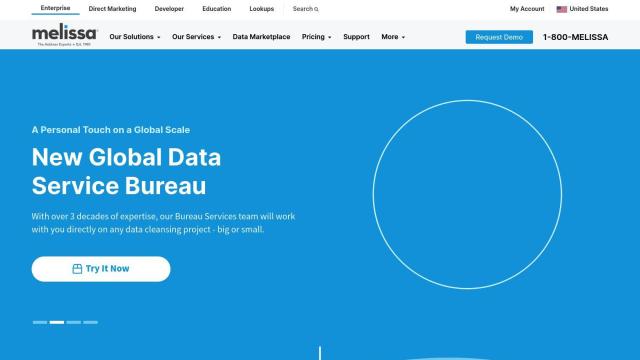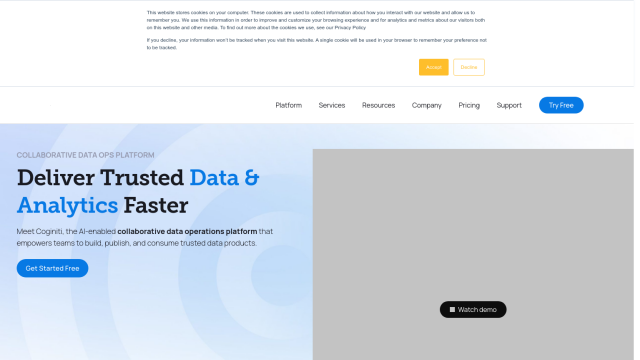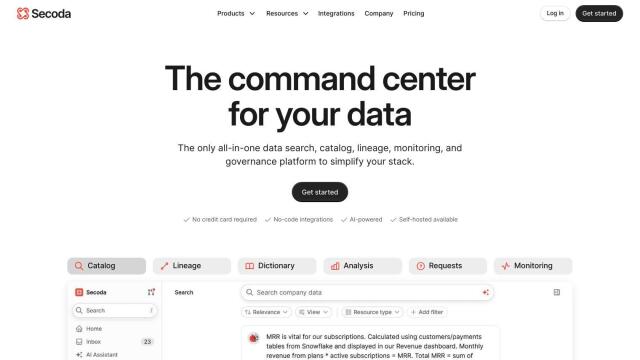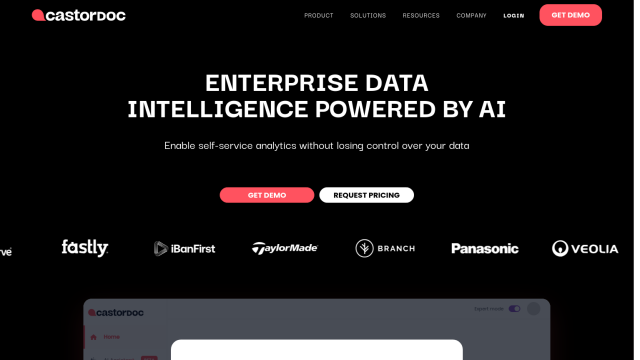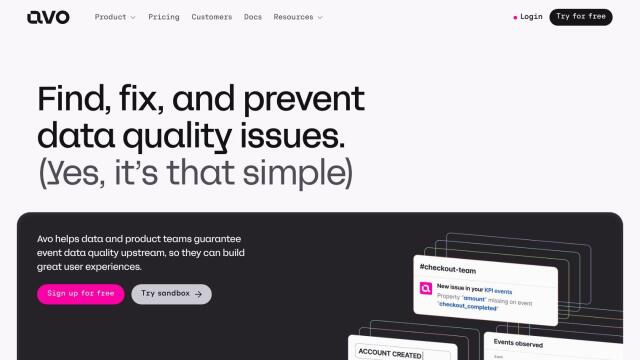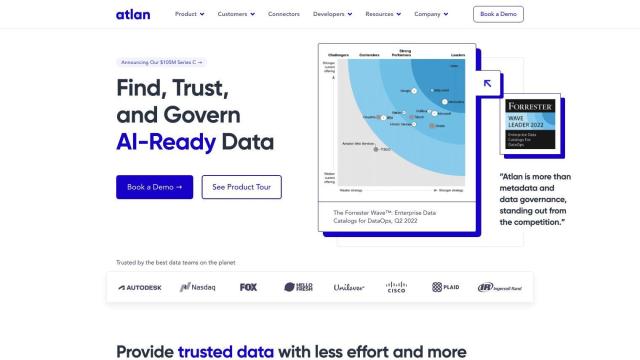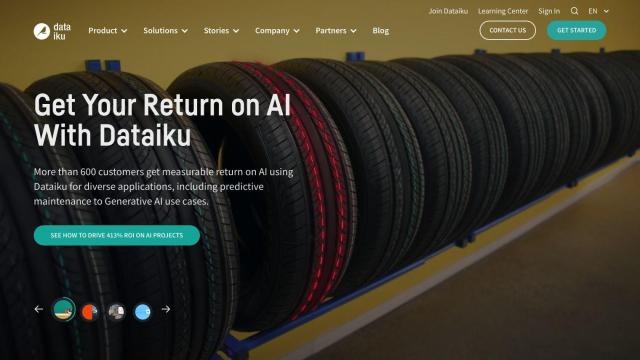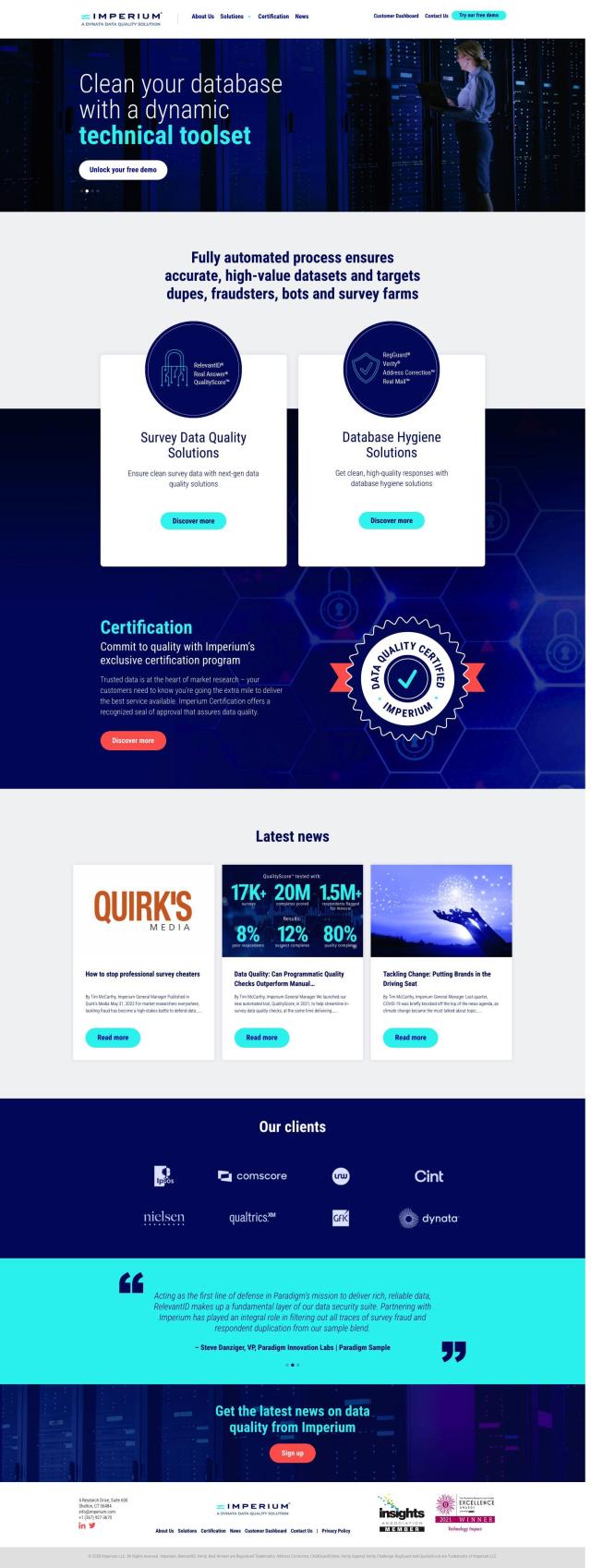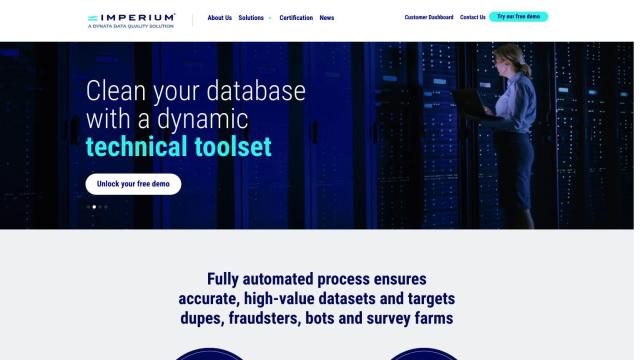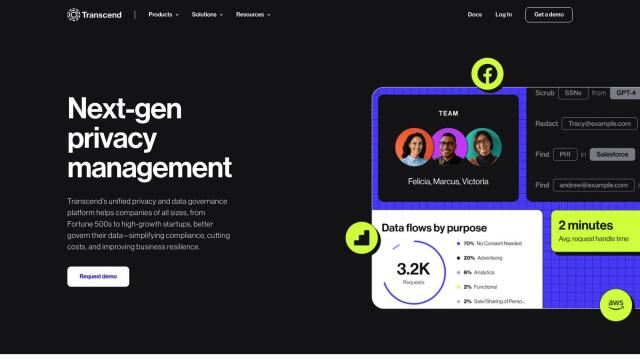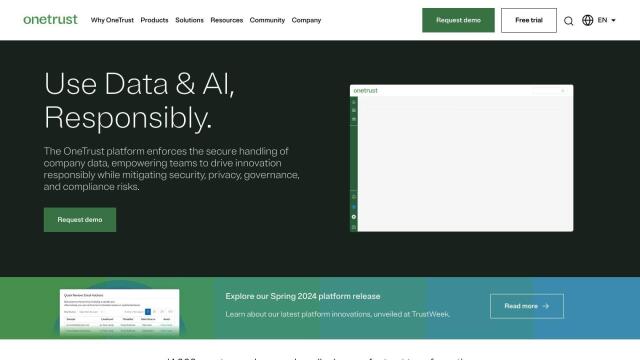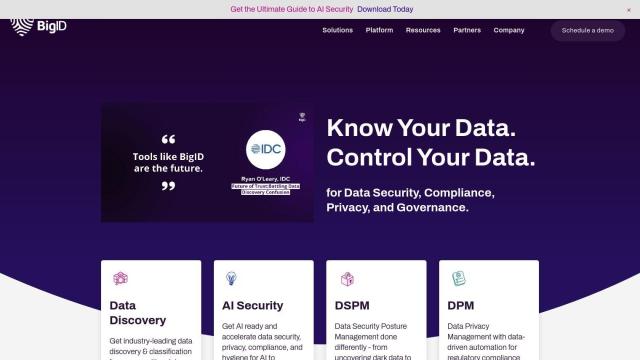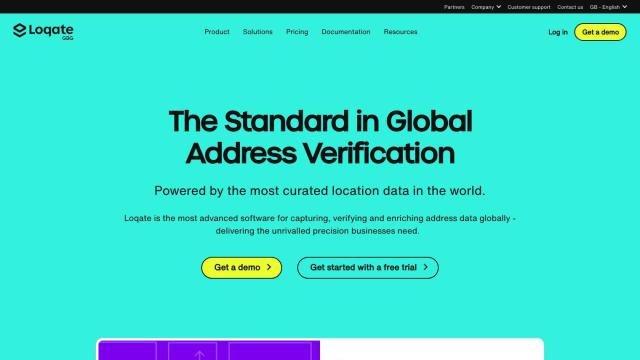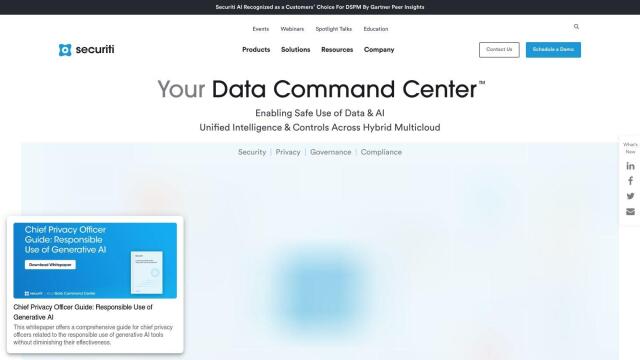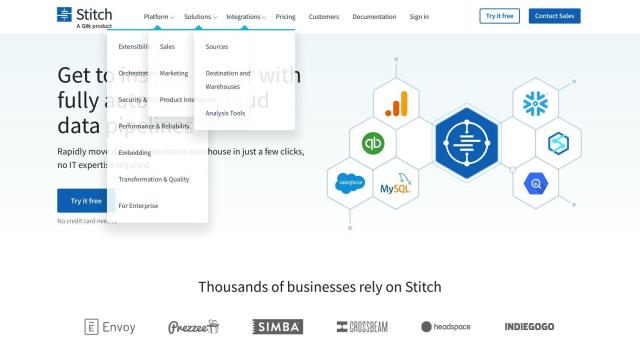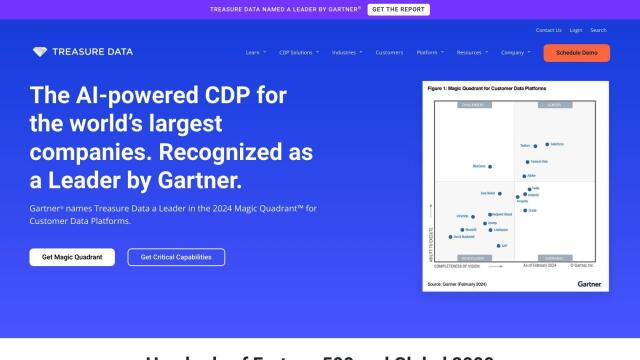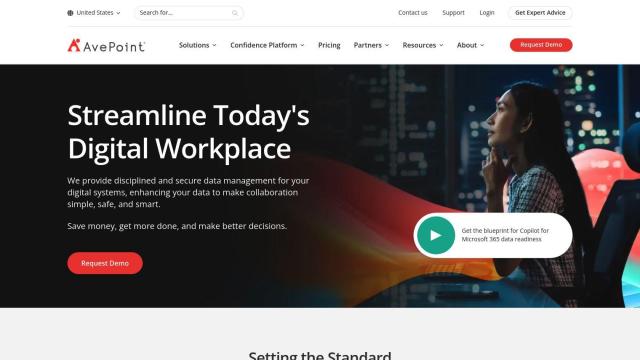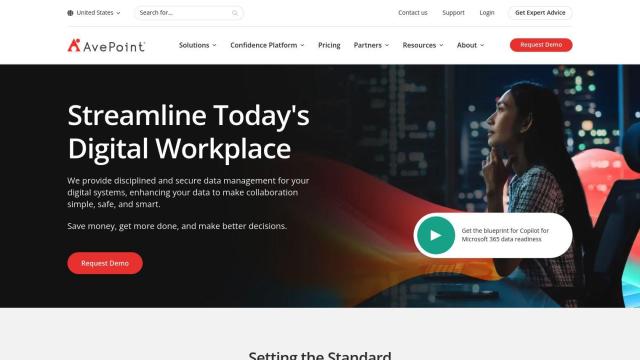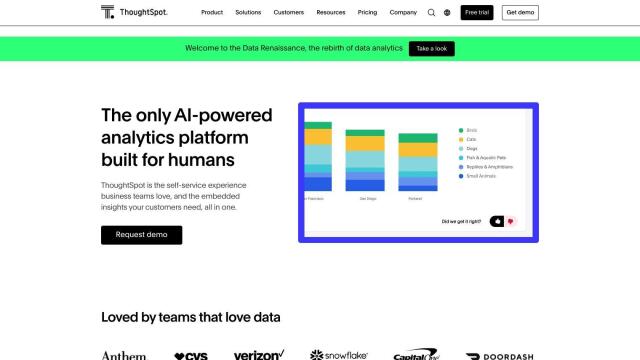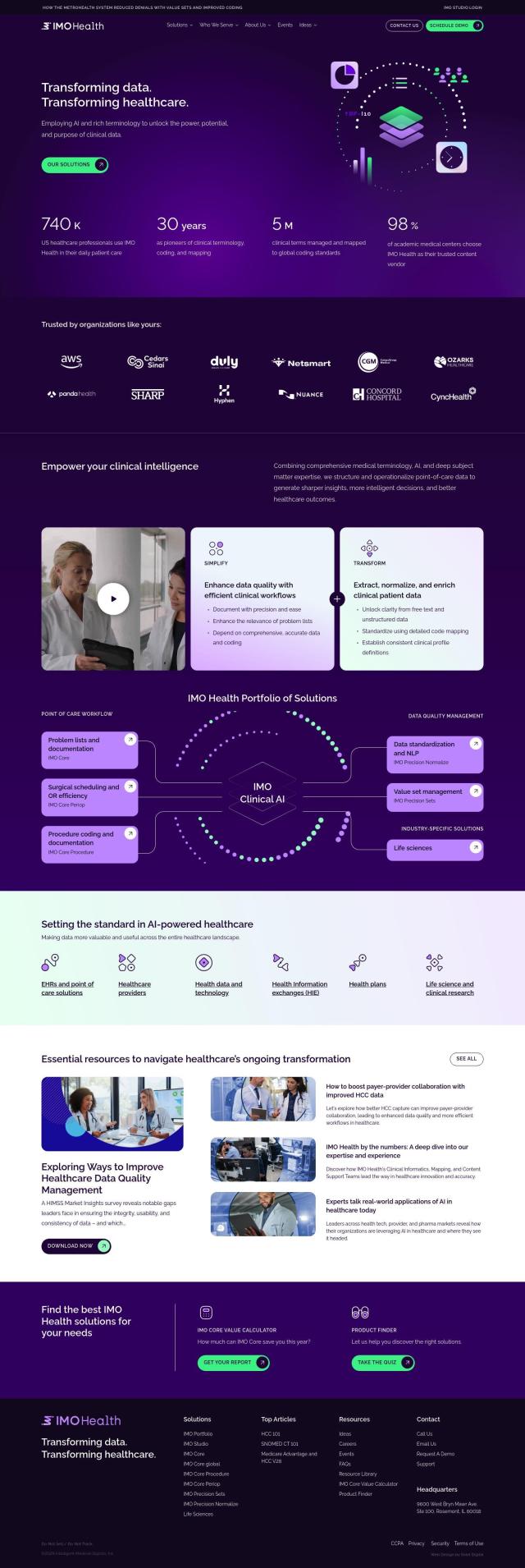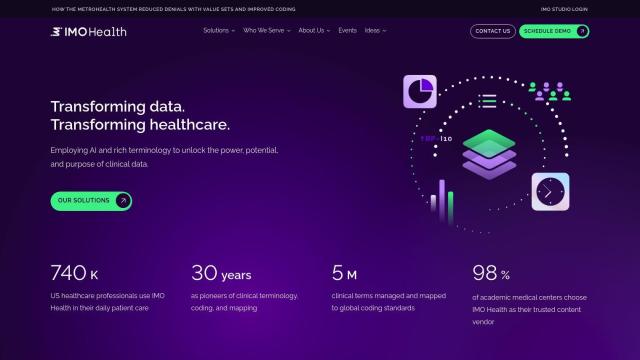Question: Need a solution that can help me ensure data quality and consistency across my organization, any suggestions?

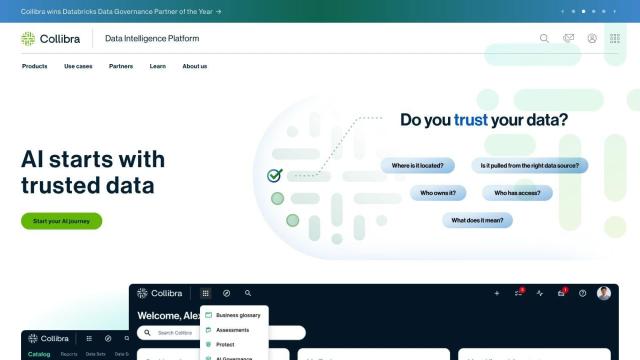
Collibra
If you want a more comprehensive solution to ensure data quality and consistency across your organization, Collibra could be a good fit. This data intelligence platform has features like data quality monitoring, pipeline reliability tracking, data discovery, integrated data management, policy enforcement, and AI use case management. Collibra automates data processes, freeing up humans from repetitive work and giving them a unified view of data assets, so they can work more efficiently. It also enables scalable and flexible data management, which is useful for a variety of use cases like data analytics and AI model development.

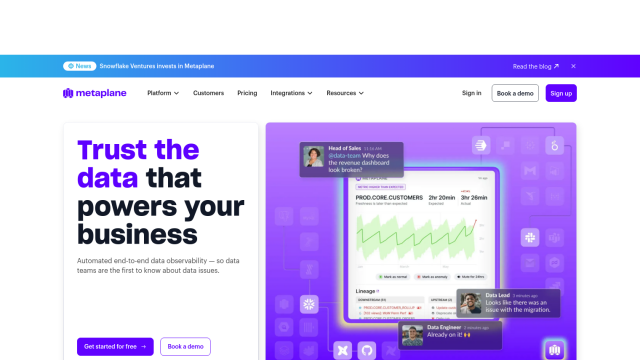
Metaplane
Another option is Metaplane, a data observability platform that automates end-to-end data observability. It includes ML-based monitoring, anomaly detection, column-level lineage, usage analytics and real-time schema change alerts. Metaplane makes data observability accessible to teams of all sizes, reducing the time spent on data quality problems and improving collaboration. The platform is designed with security in mind, and you can try it for free with no setup required, so it's a low-risk option for improving data trust and quality.

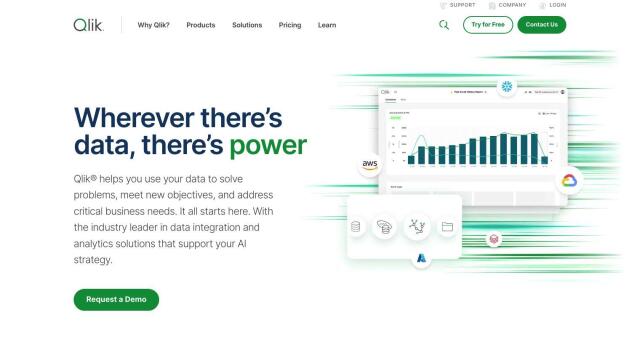
Qlik
For a more integrated approach, you might want to look at Qlik, a broad suite of tools for data integration, analytics and artificial intelligence. Qlik has a deep data fabric, end-to-end data integration and AI features like AutoML and Qlik Stage for building predictive AI applications. Its wide range of integrations and connectors give you access to hundreds of data sources, and it's a good choice for many industries and roles. The company also offers flexible pricing and a range of resources to help customers get up and running with its products.

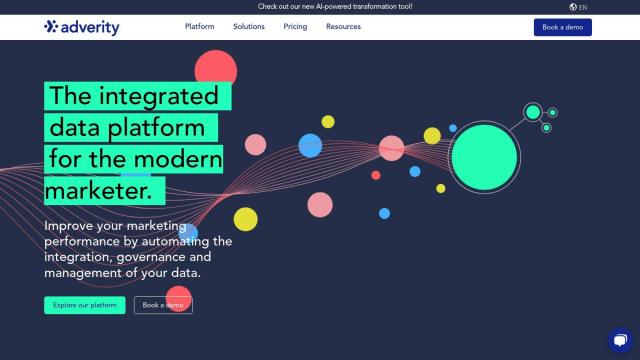
Adverity
Last, Adverity is an all-in-one data platform that automates and simplifies data management, integration, transformation and governance. With more than 600 pre-built connectors and AI-powered intelligent data transformation, it offers real-time data quality control and centralized governance. Adverity is designed to increase data management efficiency and reduce the time spent on data integration and cleansing, so businesses can focus on strategy and growth while making data more accessible.

